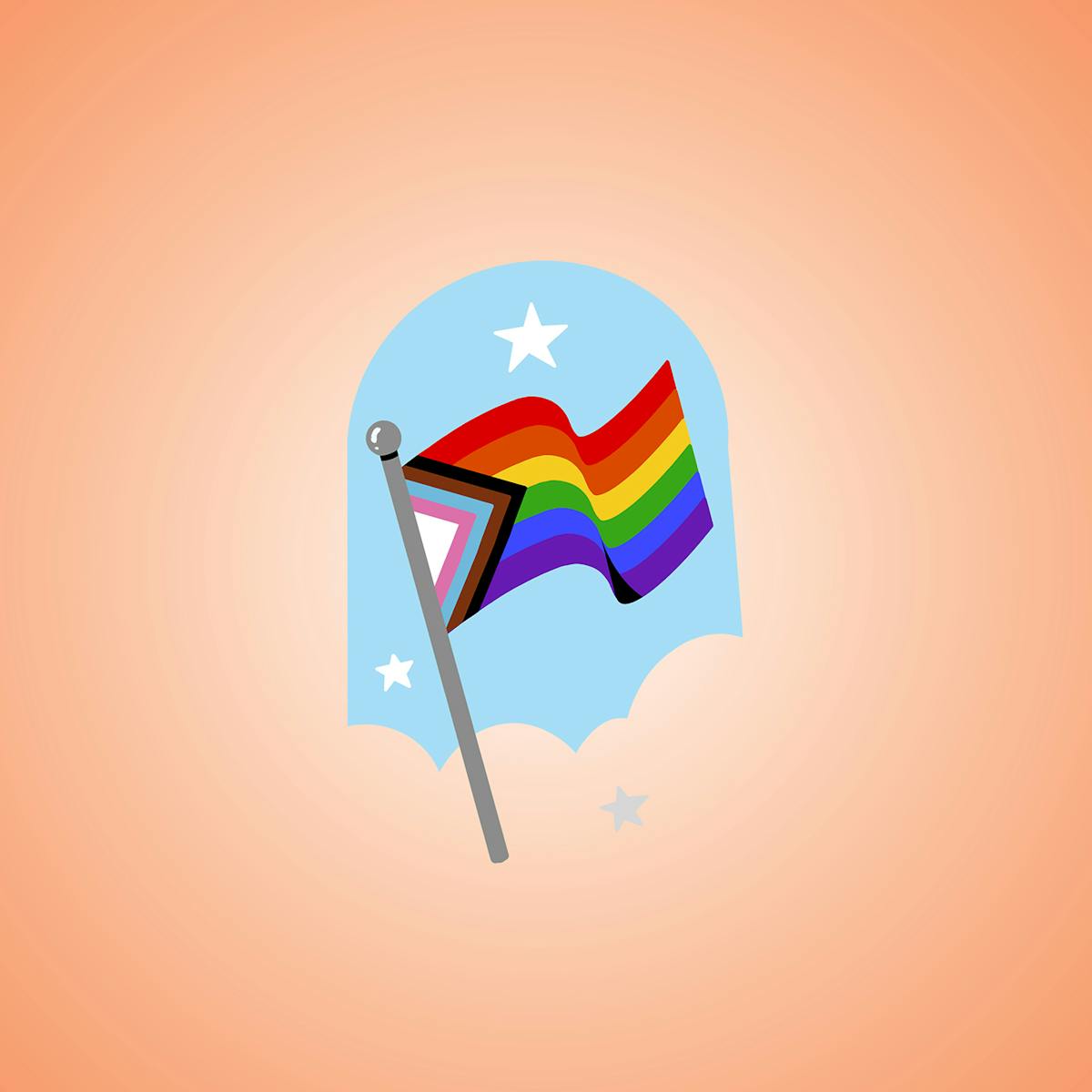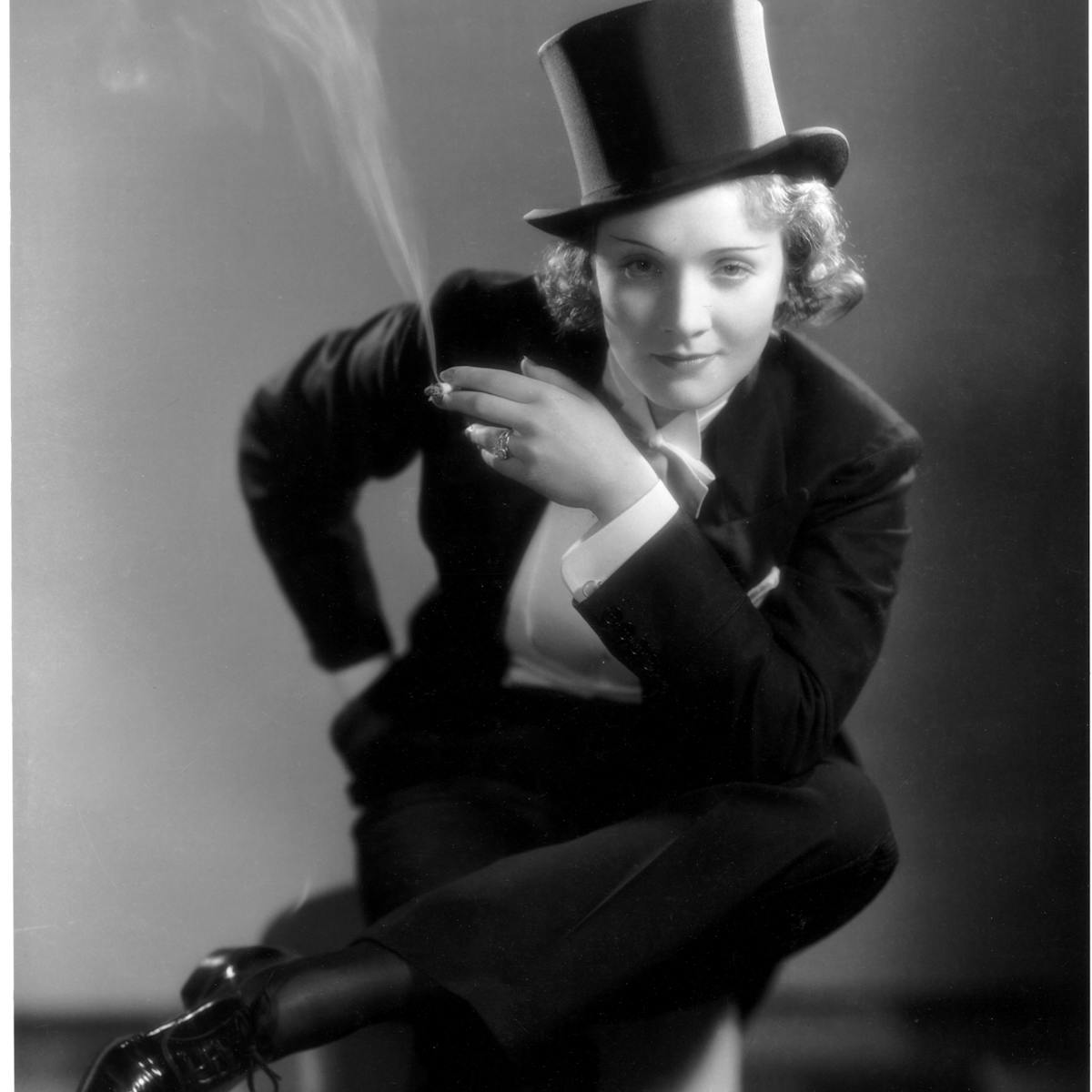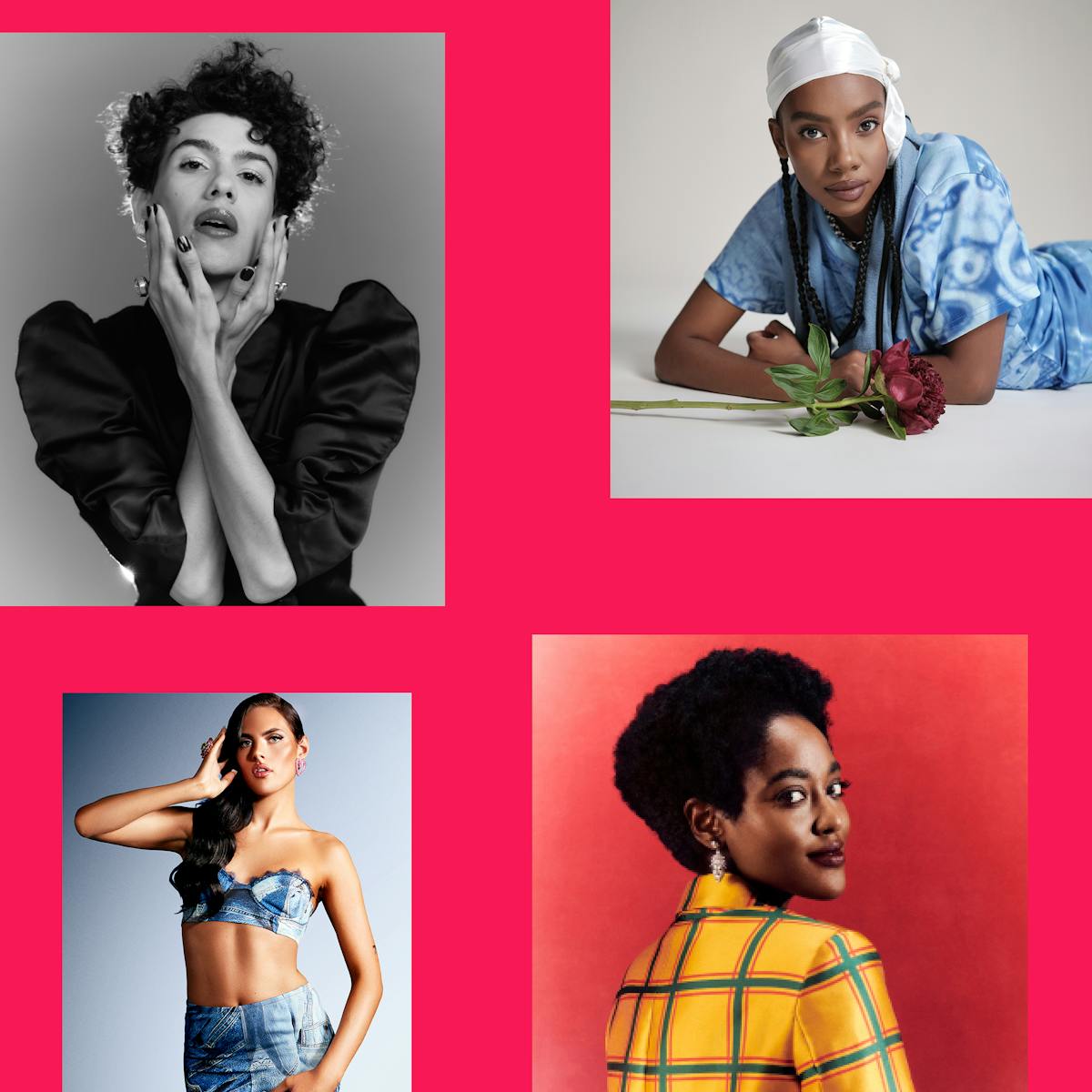Season 2 of Heartstopper expands the sweet, queer world of Alice Oseman.
When Alice Oseman set out to adapt her Heartstopper webcomics into a live-action series, the English author-turned-screenwriter knew she wanted to explore the current trials and tribulations of growing up as a queer person through an unabashedly optimistic lens. “We want to see our struggles represented accurately in the media, but we also often want media that makes us feel hopeful, comforted, and happy,” Oseman says. “No matter what someone might be going through, there are always pockets of joy to be found.”
That refreshing emphasis on unbridled queer joy has transformed Heartstopper into a bona fide global hit with viewers of different cultures and generations. The show’s freshman run, which won five Children’s and Family Emmys last year, introduced the budding love story of schoolmates Charlie Spring (Joe Locke) and Nick Nelson (Kit Connor) as well as their circle of close-knit friends in a suburban English town.
The years-long process of creating her most career-defining project has allowed Oseman to relive a version of her own youth. “Seeing how Heartstopper has helped so many queer teens is so special and magical but has also helped me see that I’ve got some healing of my own to do,” the writer admits.
In early 2021, about a year and a half after the production company See-Saw Films optioned the rights to the story, which had been re-released as graphic novels, Netflix gave a series order to Heartstopper, with Oseman attached to adapt the screenplay and Euros Lyn as director. Lyn, who fell in love with the early scripts before reading the source material, wanted to find a way to honor the purity and honesty of Oseman’s drawing style and asked himself, “How do we make this very poetic, very elemental and pure story into something that breathes, has three dimensions and feels warm-blooded?”

Elle Argent (Yasmin Finney) and Tao Xu (William Gao)
The answer, as it turns out, came during casting. Following a lengthy audition process, during which more than 10,000 young actors submitted themselves on tape, the executive producers and casting department settled on Locke, a fresh-faced newcomer from the Isle of Man who demonstrated a clear hunger and passion for the project, and Connor, an established child actor “with an incredibly gentle energy,” according to Lyn, to anchor the adaptation.
“They did the scene from Charlie’s birthday in the bowling alley when they’re in front of the claw machine,” Lyn recalls of their first in-person meeting and chemistry read. “That was the one that really sealed the deal because you could tell that the tension and the frisson was there between the two of them.”
But it wasn’t until Locke and Connor shot a scene in the series premiere — in which Charlie and Nick are “in this deserted schoolyard looking at each other saying goodbye, and neither of them wants to leave” — that Lyn remembers breathing a sigh of relief. “Nick isn’t yet fully awake to how he might feel about Charlie or what this attraction is, but he knows he’s felt something,” Lyn explains of the scene he was most looking forward to bringing to life. “I wanted dusk to be falling so that there was a sense of magic and change in the air, and I was very nervous about it because it’s the first moment that you really feel the bolt of electricity between the two without anybody else being there. When I got the cut of that scene, I knew that these two were star-crossed lovers and destined for each other.”

Tara Jones (Corinna Brown) and Darcy Olsson (Kizzy Edgell)
After declaring their feelings for one another, the second season of Heartstopper finds Nick and Charlie in the honeymoon stage — while Nick grapples with coming out to his family and friends, and Charlie reveals his history of self-harm and disordered eating. “Nick and Charlie have got so much more ease on the screen,” says Lyn of Season 2. “It feels like these two are genuinely in a relationship in which either of them could say anything to the other, and the other would be able to cope with it.”
The creative team also has made it a point to explore different parts of the L.G.B.T.Q.I.A.+ community. Whereas the first season saw Tara (Corinna Brown) grappling with the reality of being an out lesbian at her all-girls school, the second finds Tara’s girlfriend, Darcy (Kizzy Edgell), struggling to say “I love you” back and not feeling safe enough to come out to her homophobic mother. Isaac (Tobie Donovan), an introverted bookworm who mirrors Oseman’s own experiences with asexuality and aromanticism, realizes that he is the only member of his eclectic friend group who isn’t interested in a romantic relationship. Meanwhile, Elle (Yasmin Finney), Charlie’s friend who recently transitioned, must decide if she wants to take things to the next level with her best friend, Tao (William Gao), while also pursuing her dream of going to a prestigious art college, where she befriends fellow trans students, Naomi (Bel Priestley) and Felix (Ash Self).

Sahar Zahid (Leila Khan), Tara Jones (Corrina Brown), Charlie Spring (Joe Locke), Nick Nelson (Kit Connor), Elle Argent (Yasmin Finney), Isaac Henderson (Tobie Donovan), and Tao Xu (William Gao)
“One of the phrases that Armistead Maupin coined is that his queer community is not his biological family; it’s his ‘logical family.’ And I think in Heartstopper, the queer community around [the characters] will be their family and will stand up for them and give them strength when times are hard,” Lyn says.
In the Season 2 finale, Charlie realizes that he would much rather spend time privately with his boyfriend and their friends, prompting them to ditch their school prom in favor of an evening at Nick’s house. “Every time I watch that scene, I remember my circle of friends at 18, 19, and it makes me feel very emotional to know that in my life I’ve had friends like that who I know that I can always turn to for support,” Lyn says.
While Heartstopper cannot represent all shades of the queer experience, Lyn acknowledges that there is a unique “obligation to represent queerness” because “our audience looks to the show to see a positive mirror of themselves” and an idealized version of what their own personal journeys and relationships — both romantic and platonic — could look like.
“I definitely wouldn’t say that the only representation for gays and queers needs to be this positive spin of Heartstopper — although there’s a lot of darkness in Heartstopper,” the director adds. “There are as many queer stories as there are queer people, and having a multiplicity of viewpoints, of tones, of perspectives on the experiences is really important.”
All interviews included in this piece were completed prior to July 14, 2023.




